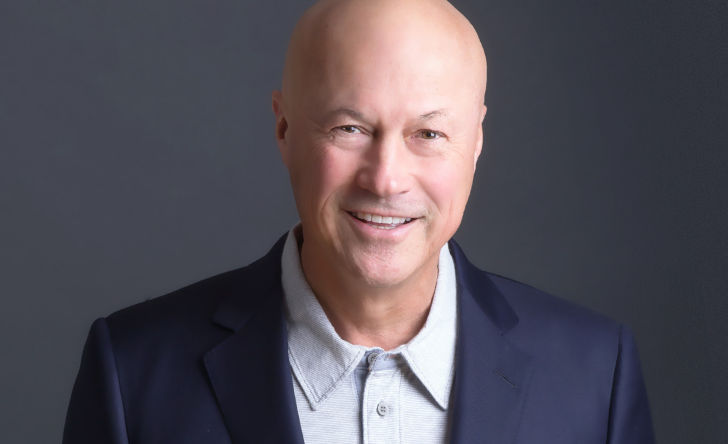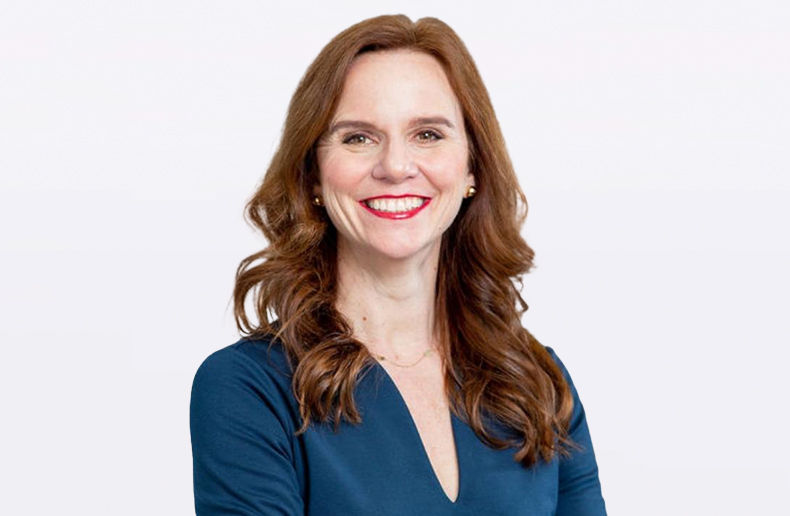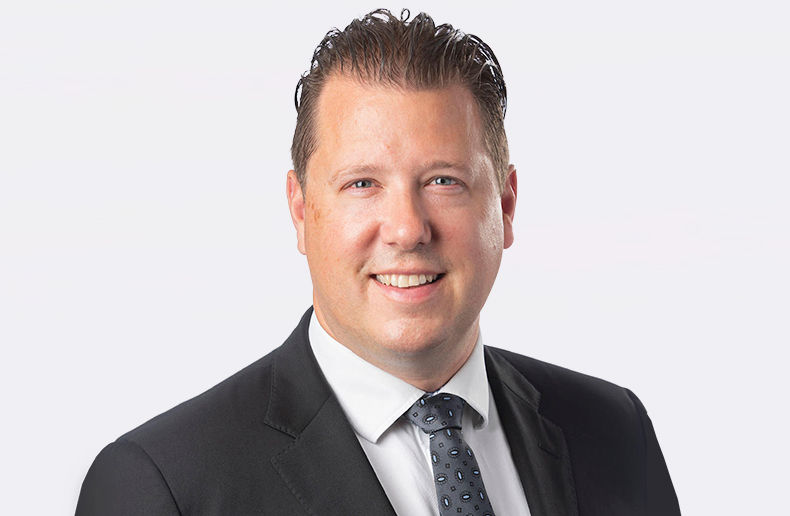Consolidation now targeting small firms and blocks of business
By
Alain Thériault
|
April 29, 2021, 10:18 a.m.
AFL |
AURREA SIGNATURE |
CANADA LIFE |
COPOLOFF |
EQUITABLE |
FINANCIAL HORIZONS GROUP |
GROUPE CLOUTIER |
HUB |
IA FINANCIAL GROUP |
IDC WORLDSOURCE INSURANCE NETWORK |
IVARI |
MSA FINANCIAL |
PEAK |
PPI |
QUALIFIED FINANCIAL SERVICES (QFS) |
VERTAFORE |
APPLIED SYSTEMS |
INVESSA |
SYNEX |
GOTOINSURE |
MICA |
SHARP INSURANCE |
FINANCIÈRE S_ENTIEL |
POWER BROKER |
ROPER TECHNOLOGIES |
Strategy |
Mergers and acquisitions |
Magazine supplement

This article is reserved to PRO Level subscribers
Discover the PRO Level
Already subscribed? Sign in >
You are already subscribed
If your access is suspended, please verify and update your credit card in your profile.
×
Advertisement
The most popular in Life Insurance
Make your business shine with Visibility360!
Get a PDF version to share in your networks.
I'm interestedHeadlines
Advertisement
Related topics …
































